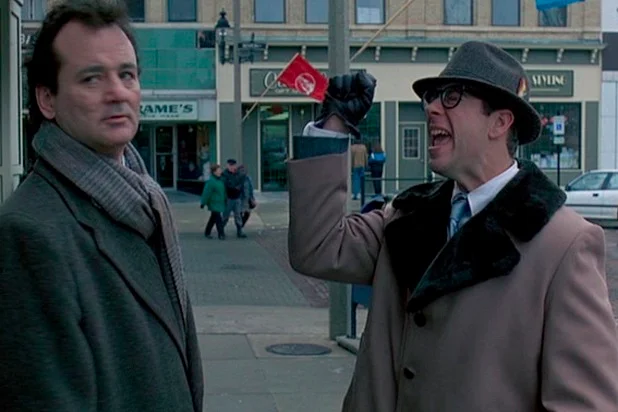The future of open source is democratic, community-led and non-profit
I'm so fucking bored of companies.
Venture capital enjoyed a decade or more setting the agenda in the tech industry. For me that whole narrative has become like that one overplayed song that you'll change radio station to avoid hearing again.

In hindsight I think this business fatigue was a big part of why I was so stoked to join Codeberg e.V. earlier this year. Little things like getting to actually vote on the new privacy policy or which types of license should count as free turned out to be unexpectedly intoxicating expressions of autonomy.
Then came Ruby Central's attack on RubyGems. For me James Coglan summarised this best.
the ruby ecosystem, in particular the people running the package repo, have set a precedent that if you make something and it becomes important, it can be taken from you with no due process
It's all culminated in a realisation: I'm becoming less and less interested in neat little technical innovations that incrementally improve some workflow while reinforcing these legacy power structures where capital calls the shots. I need a better world more than I need a better computer.
Two examples of this type of shallow tech-centric innovation that I see getting some hype right now would be Bluesky's AT protocol and Google's Jujutsu version control system. In my opinion both of these are examples of a growing pattern of what I'd call "governance theatre" where capital decorates some of its sociotechnical leverage with nice-sounding words like "open" and "decentralised" while retaining true strategic control for itself.
Jujutsu provides a neat example of governance theatre in the commit message for commit d8feed9.
copyright: change from "Google LLC" to "The Jujutsu Authors"
Let's acknowledge everyone's contributions by replacing "Google LLC" in the copyright header by "The Jujutsu Authors". If I understand correctly, it won't have any legal effect, but maybe it still helps reduce concerns from contributors (though I haven't heard any concerns).
Google employees can read about Google's policy at go/releasing/contributions#copyright.
Beyond the self-admitted performative nature of the change and the irony of including an URL that only works on Google's VPN in a commit message attempting to make the project seem less affiliated with Google, the elephant in the room is that you have to go to https://cla.developers.google.com/clas and sign a CLA before you can even contribute to this project.
I find atproto even more insidious because of the way the sales pitch for it explicitly acknowledges how problematic these power structures have become and tries to sell you a tech fix to a human problem. Dan Abramov's Open Social post captured the spirit of this best.
However, collectively, the net effect is that social platforms—at first, gradually, and then suddenly—turn their backs on their users. If you can’t leave without losing something important, the platform has no incentives to respect you as a user.
Maybe the app gets squeezed by investors, and every third post is an ad. Maybe it gets bought by a congolomerate that wanted to get rid of competition, and is now on life support. Maybe it runs out of funding, and your content goes down in two days. Maybe the founders get acquihired—an exciting new chapter. Maybe the app was bought by some guy, and now you’re slowly getting cooked by the algorithm.
The difference between Dan and I is that he buys the idea that you can patch a problem with human power structures using a sufficiently clever technical trick, while I don't. I think you have to confront the power issue directly, and I think that's what Codeberg's democratic community-led non-profit structure is such a great example of.
So when I see these new Codeberg competitors springing up, I struggle to get as excited as I did for Codeberg itself. I look at things like Tangled and East River Source Control and I see startup guys betting big on pseudo-open things like Bluesky's AT protocol and Google's Jujutsu version control system. All I see is Ned Ryerson bounding over yet again to sell me life insurance.

Been down that road. Know where it ends. Bored absolutely shitless of it. What's most exciting to me now in the VCS space is seeing through this experiment in democratic non-profit community-led ownership that Codeberg represents.